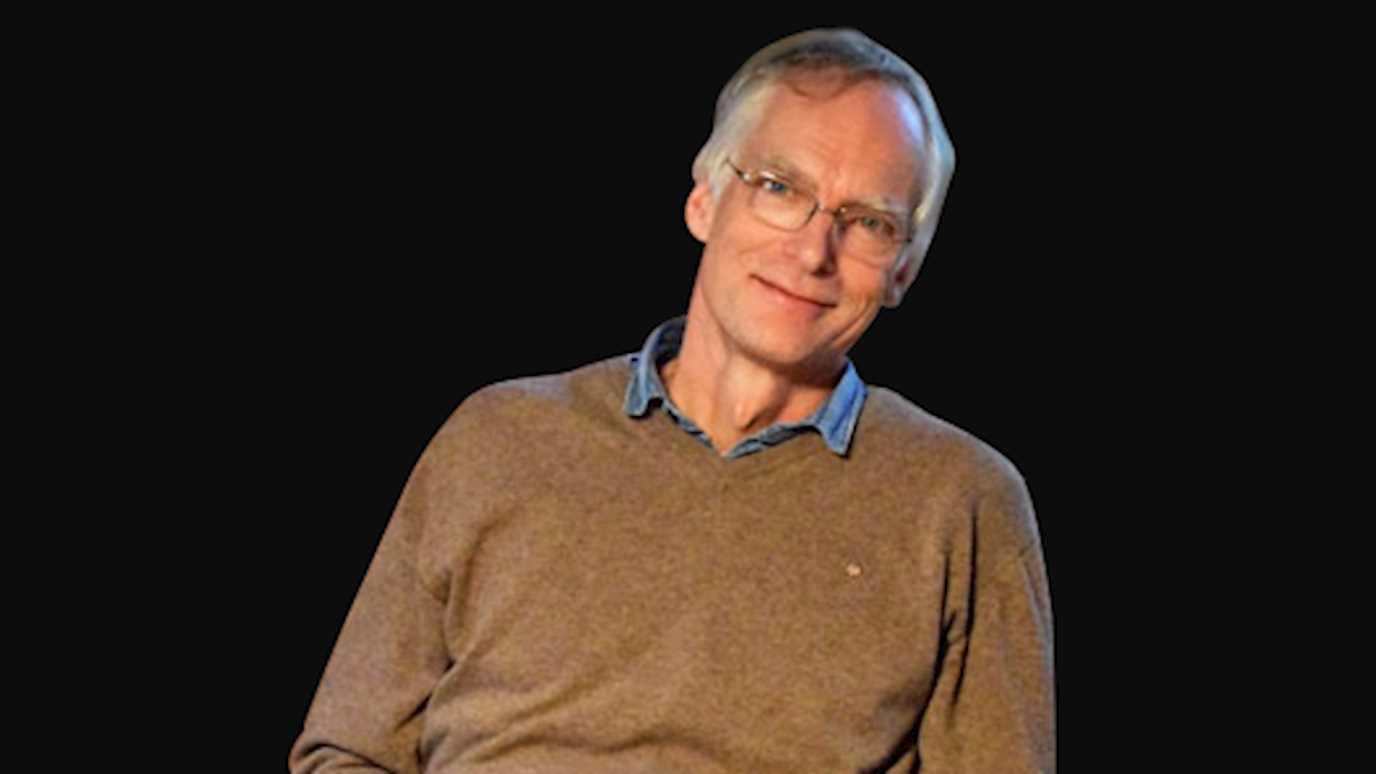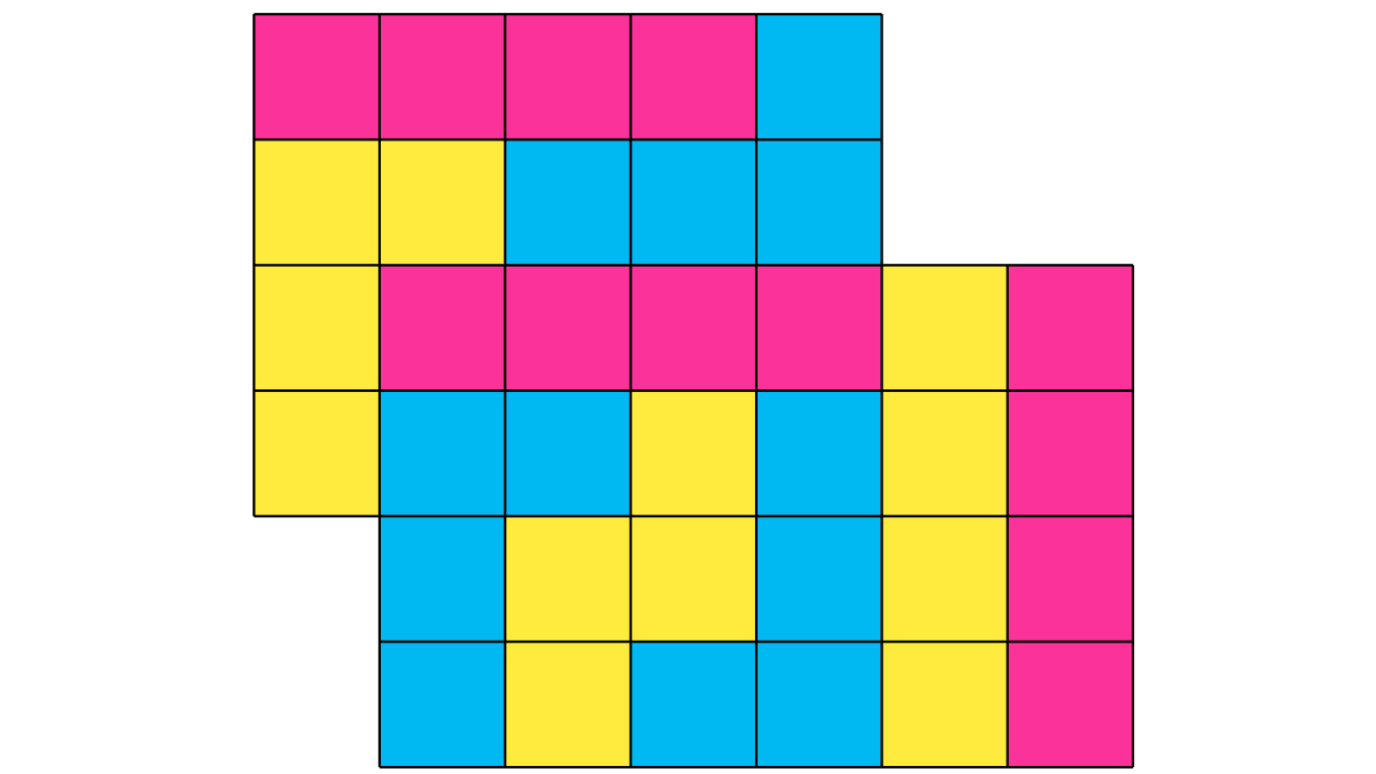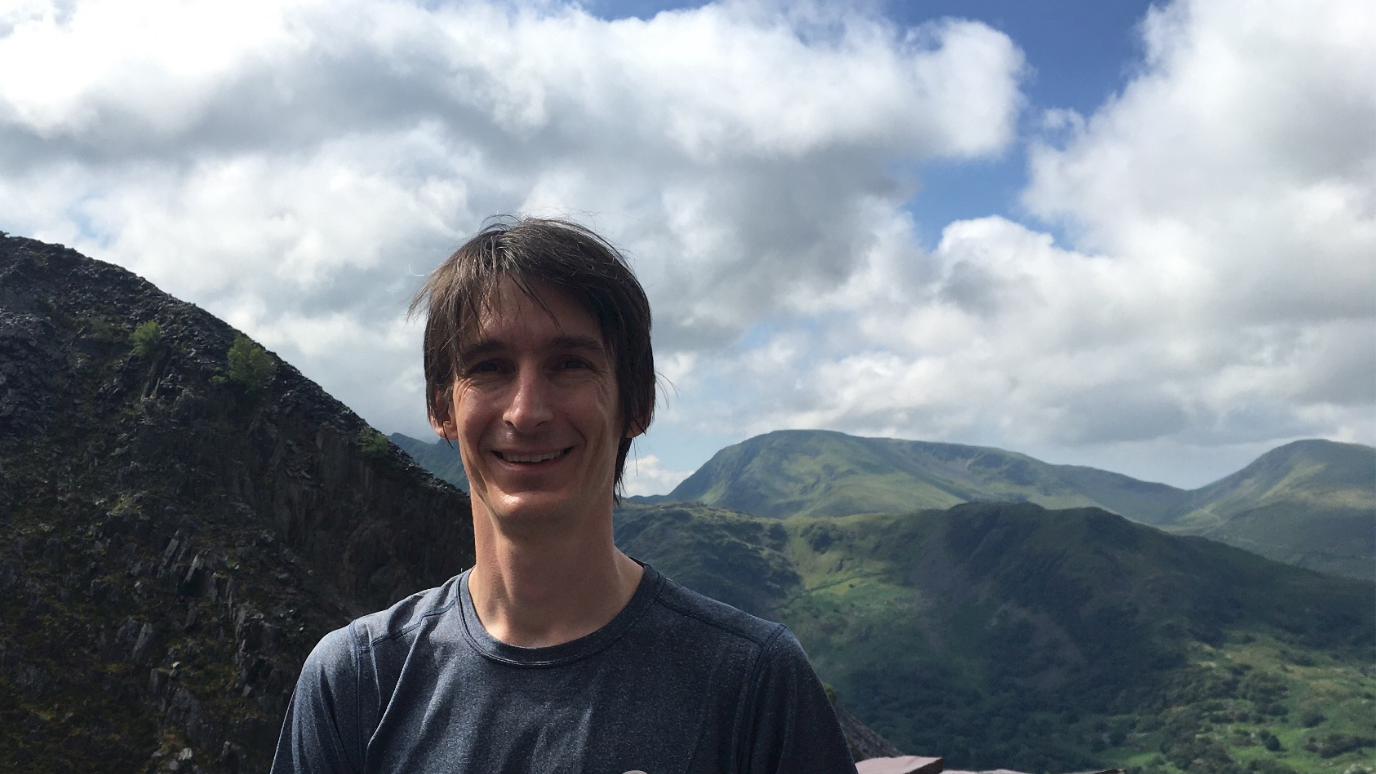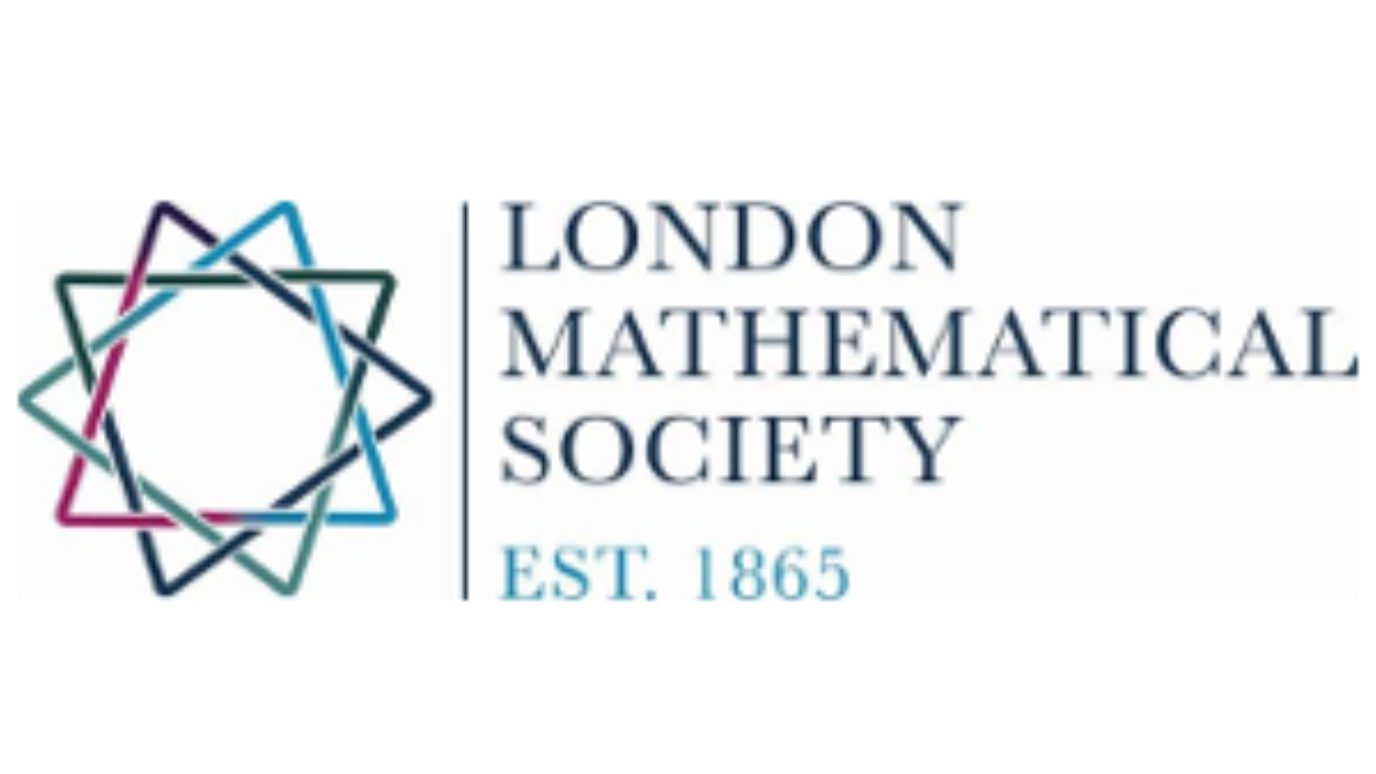Congratulations to Professor Ruediger Schack, who has been awarded a major grant from the John Templeton Foundation for his research project entitled "What is metrology if quantum measurements participate in making reality?"

The project will run for three years and pay for a postdoc, travel, and a conference. It builds on Ruediger Schack's previous work on QBism, an approach to the foundations of quantum mechanics at the heart of which is the idea of a participatory universe. According to QBism, a quantum measurement does not reveal a pre-existing outcome. Instead, it should be thought of as an action an agent takes to elicit a response from the world. A measurement is an act of creation that brings something entirely new into the world, an outcome that is shared between the agent and the agent's external world. In this way, QBism eliminates the paradoxa that plague other interpretations of quantum mechanics. QBism raises interesting questions for metrology: How does calibration ensure that perceived instrument readings relate to physical values? How can we know which instruments measure the same quantity, and which of them is the most accurate standard? The aim of the project is a precise understanding of how quantum theory transforms our understanding of calibration and standardization in metrology.
























